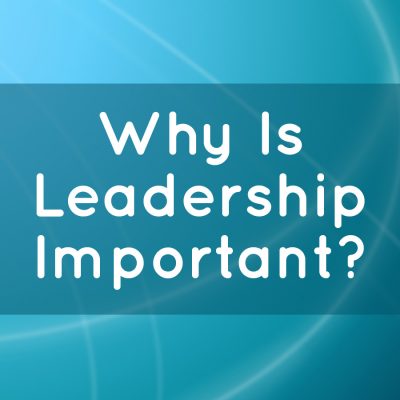
As a coach and mentor, a frequent theme that emerges in discussions with clients is the theme of abandonment. As adults, as people in leadership positions, many people have their buttons pushed if they feel abandoned. Imagine how this plays out in the workplace in even simple ways. Someone is expecting a communication back from a peer. The email or phone call doesn’t come. Days go by. A person whose buttons get pushed by feeling abandoned creates stories in his or her mind and becomes emotional and sometimes reactive. There may have been a simple explanation…no abandonment intended. Yet the person has been in anguish.
Feeling abandoned is not necessarily logical nor does it need to be justified. It simply is. Issues of abandonment usually go back to a very young age and is a dominant theme in the human race. When I think of some of the practices in some countries over time of putting new born babies in nurseries and way down the hall from their birth mothers, I think of one of the seeds for a sense of abandonment. We know the newborn was not truly abandoned, yet the feeling might be seeded there. When I listen to parents who are attempting to get a small child to leave a store, I too often hear them say ‘if you don’t come now, I will leave you here’…and then I watch them walking away. The child ultimately screams, and usually in a run, attempts to catch up with the parents. The parents aren’t intending to truly abandon. They simply have poor parenting skills and this is their way to accomplish a goal. Yet, in the child, the seeds for a lifelong theme of abandonment may be seeded here. There are so many ways that the theme of abandonment is seeded…intentionally or unintentionally.
So now, back to the workplace. The theme of abandonment plays out over and over, sometimes with the awareness that this is the issue taking place, most often with no awareness that the emotional trigger being played out is one of abandonment.
The theme of abandonment is one that often comes up in coaching sessions. Awareness is a great first step. Discussing issues of abandonment is an important way to shift from this being an emotional trigger that negatively affects leadership. The homework that I give to coaching clients to work on is to examine where in their lives and their leadership they are abandoning their own self. This is the challenge that needs to be addressed.
Take a moment. Right now. Are you being your genuine self and if not, can you identify where in your life, work and leadership you are abandoning yourself?
Photo by Matthew Henry on Unsplash











Leave a Reply
You must be logged in to post a comment.